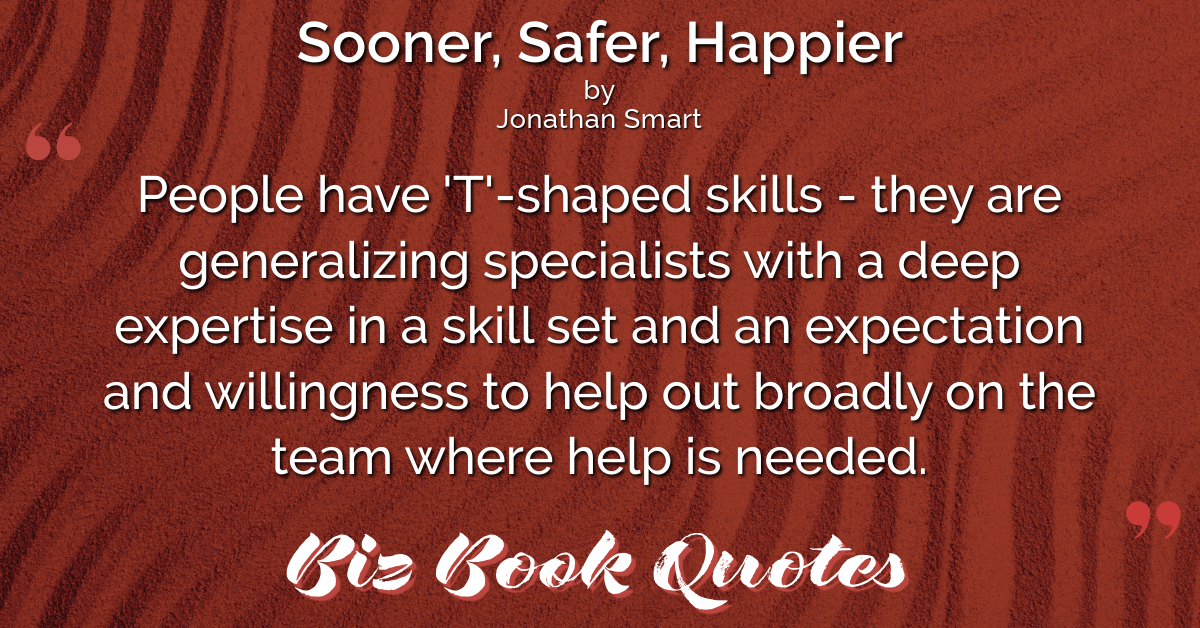 |
…the knowledge needed for any activity has become highly specialized. It is therefore increasingly expensive, and also increasingly difficult, to maintain enough critical mass for every major task within an enterprise.
|
052 |
 |
In the information-based organization, the knowledge is primarily at the bottom, in the minds of the specialists, who do different work and direct themselves.
|
271 |
 |
…timing is of the essence in establishing a specialty-skill niche. It has to be done at the very beginning of a new industry, a new custom, a new market, a new trend.
|
389 |
 |
To attain a specialty niche always requires something new, something added, something that is genuine innovation.
|
389 |
 |
A specialty-skill niche is rarely found by accident. In every single case, it results from a systematic survey of innovative opportunities.
|
389 |
 |
…in the early stages of a new industry, a new market, or a new major trend, there is the opportunity to search systematically for the specialty-skill opportunity – and then there is usually time to develop a unique skill.
|
390 |
 |
The business that establishes itself in a specialty-skill niche is… unlikely to be threatened by its customers or by its suppliers.
|
390 |
 |
There is one overall rule: activities that make the same kind of contribution can be combined in one component under one management, whatever their technical specialization.
|
420 |
 |
If you invent something – a solution to a problem – and you are well known as a specialist, you can sell that same solution over and over…
|
113 |
 |
People have ‘T’-shaped skills – they are generalizing specialists with a deep expertise in a skill set and an expectation and willingness to help out broadly on the team where help is needed.
|
185 |